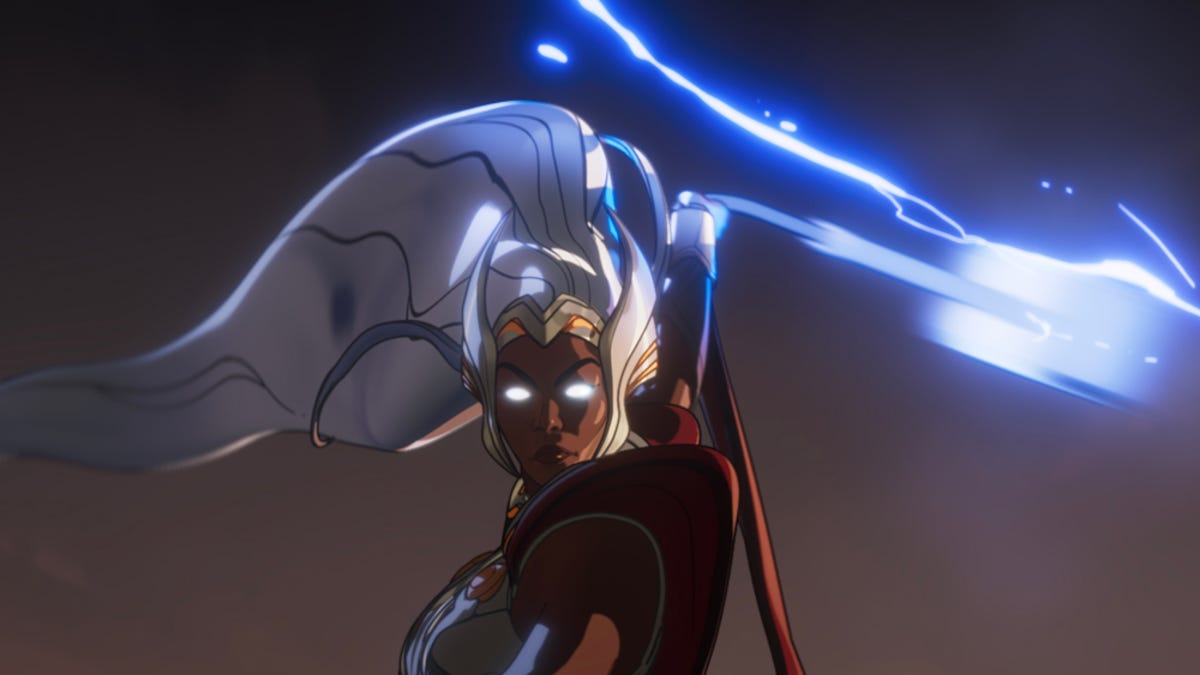Twitch, in an effort to curb hateful conduct and harassment, updated its username policy this week to bar references to “sexual acts, arousal, fluids, or genitalia,” as well as “references to hard drugs” — with marijuana specifically exempt, along with alcohol and tobacco, from the ban.
It’s unclear if a trend or something specific triggered this change; in a note to users published Thursday, Twitch said it had already removed many reported usernames under its existing policy. But the company said, “We believe establishing a stronger standard is needed to cultivate a diverse, inclusive global community on Twitch.”
Twitch, for a few years, has been in a tug of war with some streamers who have developed large followings by flouting the spirit, if still following the letter, of some of its content policies. One example is the so-called hot tub meta — a livestream subgenre taking advantage of policies that exempted swimwear from guidelines prohibiting sexually suggestive or explicit content.
Last summer, Twitch handed temporary bans to two popular content creators for staging yoga ASMR streams, which Twitch moderators considered violations of the platform’s suggestive content policy. Earlier in 2021, Twitch went so far as to create a Pools, Hot Tubs, and Beaches category, in response to advertisers’ complaints about appearing alongside such livestreams.
As for the username policy, anything communicating violence (or threats of violence), hate speech, or personally identifiable information is also prohibited. Twitch spelled out the ways in which it will sanction accounts or users that create or attempt to create offending usernames. Clear violations of the policy will result in an indefinite suspension.
Twitch users have until March 1 to get their names right with the updated policy; then enforcement begins.
“Usernames really matter on Twitch,” the company said in its note. “They’re your textual avatar in chat and a crucial piece of channel branding for Creators. Usernames are searchable and have site-wide visibility. Given their usage across Twitch channels, we believe they must be held to a universal and higher standard than other places people express themselves — like chat, for instance.”








